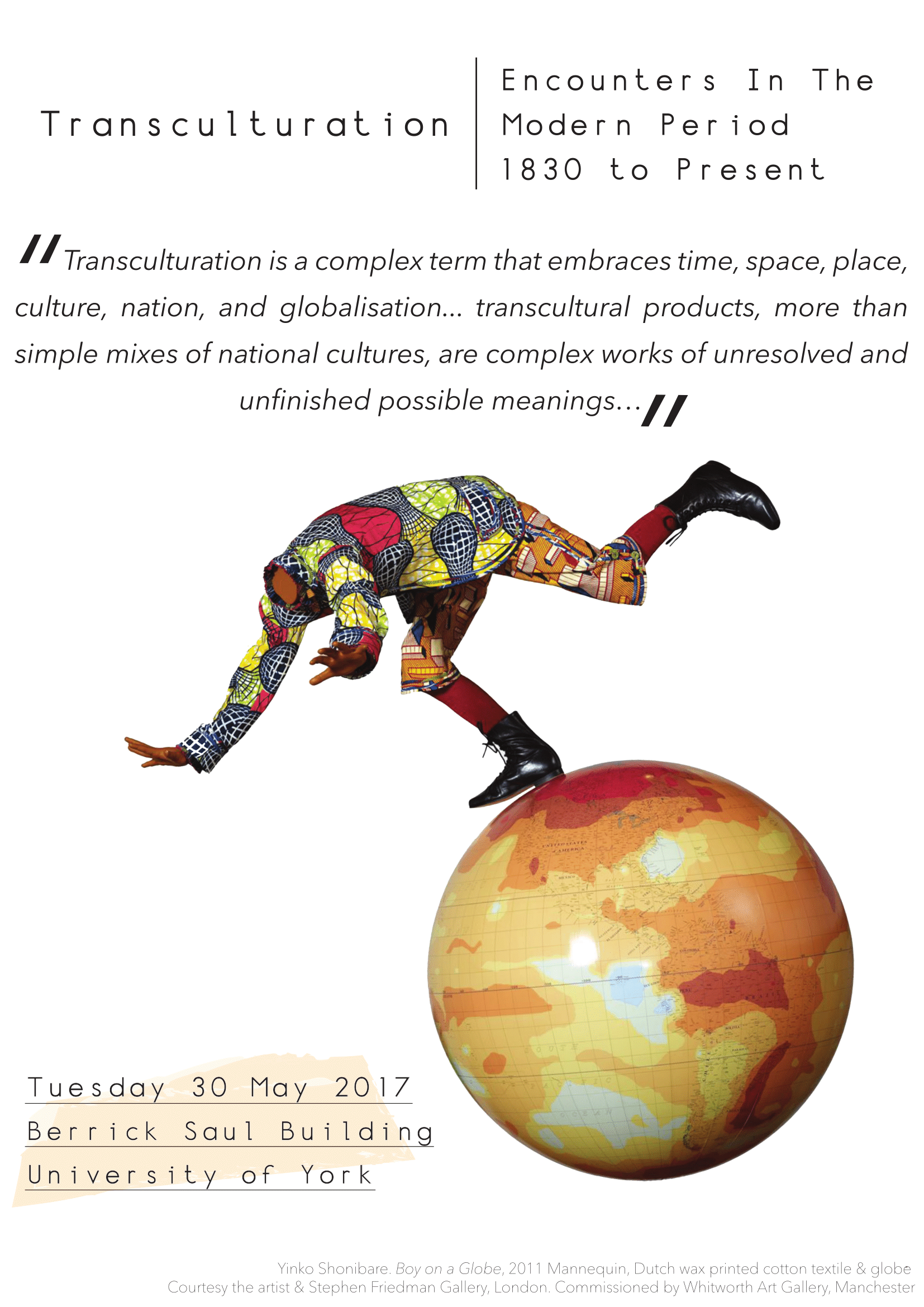CALL FOR PAPERS
The Literary Self: from Antiquity to the Digital Age
A postgraduate conference hosted by the University of Edinburgh on 4-5 June 2018.
Generously supported by the Institute for Academic Development, the Scottish Graduate School for Arts and Humanities and the School of Classics at the University of St Andrews.
Keynote: Professor Simon James, Durham University
Other confirmed speakers: Dr Roger Rees, University of St Andrews
Throughout history authors have grappled with how their texts are presented to their audience. Critics and theorists have responded to this in kind with a multitude of diverging approaches to the author in a text and the nature of the self generally. However, very few of these approaches have come to bear upon the literary nature of our online identities, whether it’s the lexical semantics and rhetoric of our online existences or indeed the literary value that such existences might produce. Our conference will examine approaches to authorship and selfhood through time and culminate in roundtable discussions of their applicability in our digital age.
We will have panels grounded in the Classical, Medieval and Early Modern, and Modern periods and invite papers from all disciplines.
As the conference is interdisciplinary we encourage papers that examine the literary self in a specific field or time period but also have applicability to a wide audience. Speakers who are successful will have the opportunity to publish their proceedings in FORUM: University of Edinburgh Postgraduate Journal of Culture and the Arts.
Paper topics might consider:
• Biographies, autobiographies, and the mythology of authorial persona
• The psychology of literary identity
• Digital humanities and the networks of reception
• Ontological philosophies of selfhood
• The media of self-presentation (e.g. papyri, codices, books, social media, or e-books)
• The linguistics of expression and repression
Thanks to the generosity of the Scottish Graduate School for Arts and Humanities, the Institute for Academic Development, and the School of Classics at the University of St Andrews, we can provide a limited amount of funding for travel from your home institution. Lunch and refreshments will also be provided.
Please submit abstracts of 250-300 words to literaryself2018@gmail.com by 10 April 2018.
You will be notified by email by mid to late-April of the submission outcomes.
Conference Organisers
Caitlan Smith (St. Andrews), Consuelo Martino (St. Andrews), Matthew Tibble (Edinburgh), Miles Beard (Strathclyde)


